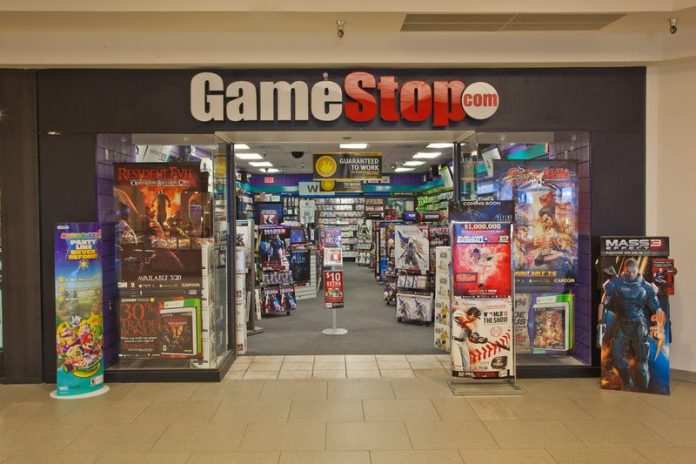GameStop, like many retailers struggling in recent years due to digital disruption, has become the poster child of a short-squeeze battle pitting amateur retail traders against Wall Street short-sellers.
Day traders on Reddit joined together to drive the video game retailer’s stock price up over the last two weeks in an effort to capitalize on hedge fund short-sellers betting GameStop would follow the path of Blockbuster.
From just under $20 a share on Jan. 12, shares of GameStop skyrocketed as high as $483 last Thursday, Jan. 28. That day, the stock trading app, Robinhood, and other online brokerages clamped down and curbed trades. GameStop crashed to $112.25 but recovered to close at $325.00 on Friday as some restrictions were removed. Institutional investors have lost billions in a matter of days as they were forced to liquidate their positions.
GameStop’s shares are expected to eventually crash and return to trading multiples of its retail peers and in line with its fundamentals. GameStop just finished its second straight year of double-digit declines and traded as low as $2.57 in 2020.
The retailer may gain a fresh look from investors after the frenzy. The stock’s surge came after Chewy founder Ryan Cohen last year began accumulating GameStop’s shares and pushed for an accelerated online push. Some analysts see potential for GameStop to regroup around hardware and accessories that aren’t exposed in the way digital downloads are and take advantage of shortages of Xbox and PlayStation consoles. Yet GameStop could be perceived as another Enron as investor losses are chronicled.
For the broader market, near-term volatility is expected with American Airlines, AMC Entertainment and BlackBerry among other names seeing roller coaster rides. Regulators and legislators are promising crack downs to reduce investor risks. Last Thursday, Southeastern Grocers, the parent company of Winn-Dixie, canceled its initial public offering due to the market’s instability.
Shares of other retailers with high short interest ratios are also vulnerable to irrational investor speculation. Express, the apparel chain, as well as mall owners Macerich and Tanger Outlets saw their shares skyrocket last week before plunging. Strong moves last week by subscription service Stitch Fix and Bed Bath & Beyond were also attributed to the retail trading frenzy.









